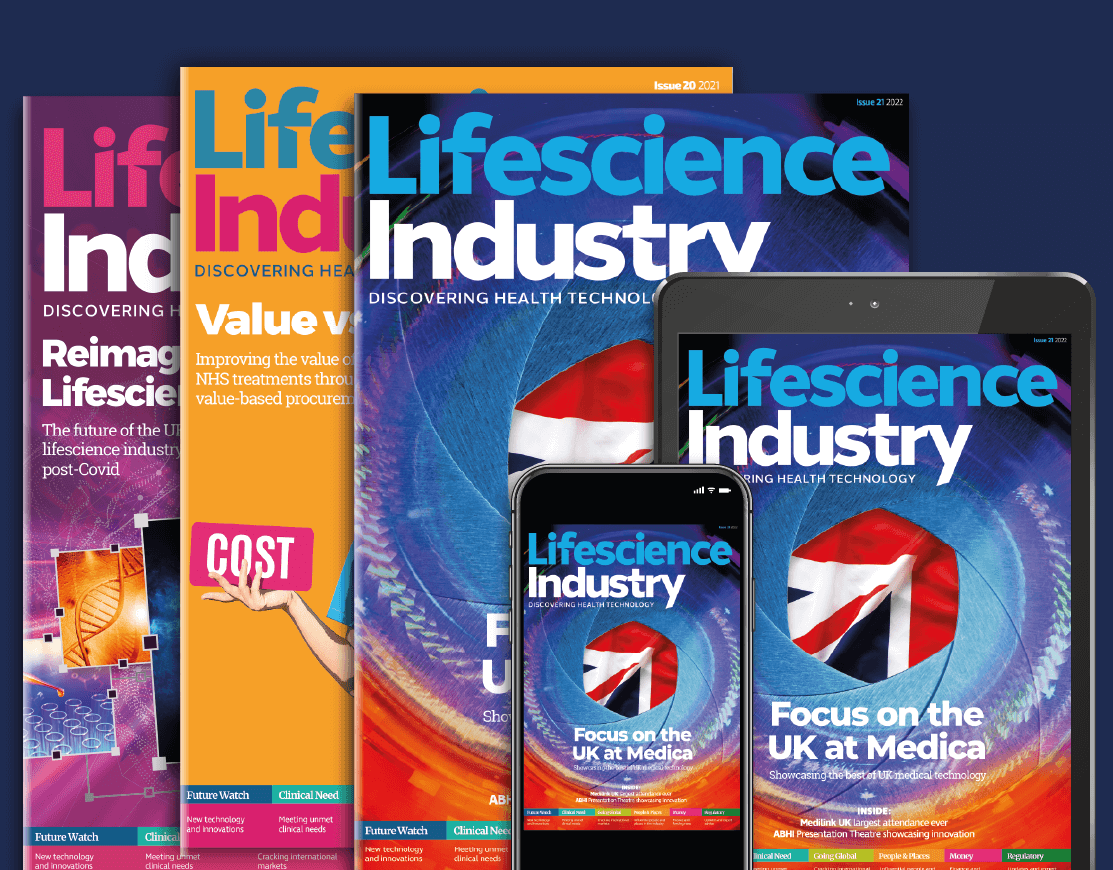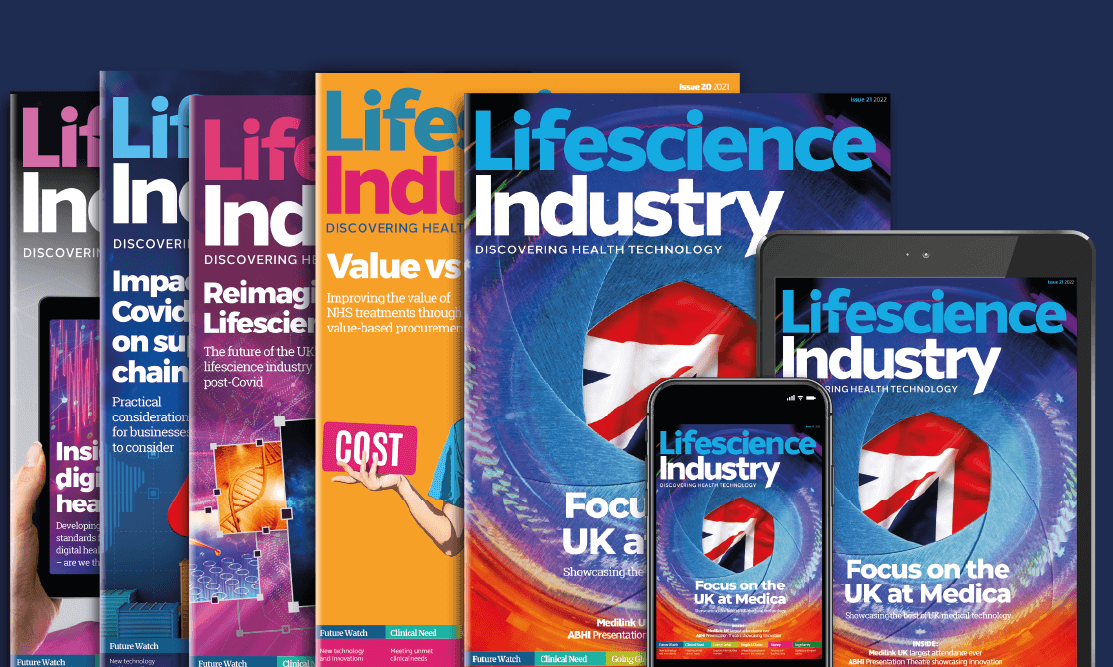
Commercial research is showing clear signs of recovery since the pandemic according to the latest annual statistics reported by the NIHR Clinical Research Network (CRN). There were 1,757 commercial studies on the NIHR CRN Portfolio, up by almost 200 on pre-pandemic levels (2019/20).The number of new industry led studies in 2022/23 has also increased to 764, exceeding 671 studies in 2019/20
This has enabled 32,328 participants to be part of commercial studies sponsored by the life sciences industry which compares to 28,832 in 2019/20.
The figures collected and published each year by the NIHR CRN provide valuable insight into the progress being made in life sciences research and in participation more broadly.
More commercial research taking place in primary care
There was a small but encouraging increase of 2% in the number of commercial studies taking place in primary care when compared with pre-pandemic levels. Recruitment for these is positive; 18% of commercial research participants – nearly 6,000 people – took part in research in primary care settings.
Reduction in study set up time
The news comes a few weeks after other encouraging news about the National Contract Value Review. Data from the first six months of the process showed that, on average, commercial studies’ set-up times are reduced by 45%.
The National Contract Value Review process is the UK’s standardised, national approach to costing and contracting for commercial contract research, which is led by NHS England.
Prior to implementation, the average time from initial costing submission by the sponsor, to the date of the first participant consenting to participate in the study, was 213 days. Following implementation, that set-up time has decreased to 118 days, a 45% reduction.
The Government accepted the O’Shaughnessy Review recommendation to expand and build on the NCVR, with an enhanced service available from October 2023. In addition, the NHS England-led programme will explore the expansion of the scope of NCVR to include early phase studies and advanced therapy medicinal products (ATMPs) from October 2023.
Laura Bousfield, NIHR Head of Feasibility and Start Up said:
“This revolutionary change in the way we work is possible because the UK is unique, our health and research ecosystem is unique, and we are global pioneers in this space. More and more countries are reaching out to understand how the UK costing and contracting model works. It is an exceptional achievement which will make the UK a more attractive prospect for global commercial clinical trials, which will ultimately give NHS patients access to more innovative treatments through participation in those trials.”
Research improvements coincide with pharmaceutical companies investing in UK plc
Sine Littlewood, NIHR CRN Director of Business Development & Marketing said:
“It’s wonderful to see that life sciences research is up on pre-pandemic levels, with both the number of studies and number of participants increasing to levels above that last seen in 2019/20 data.
“It is also really encouraging that pioneering pharmaceutical companies are signing agreements with the government to run their research in the UK, such as BioNTech’s recent major agreement with the government to invest in delivering their ground-breaking precision cancer immunotherapies trials in the UK. Moderna has committed to investing substantial funding in UK-based research and development activities over a 10-year period, in addition to building a state-of-the-art vaccine manufacturing centre.
“The NIHR will be instrumental in delivering both Moderna’s and BioNTech’s clinical trials, ensuring UK patients are some of the first in the world to access these new treatments.
“Obviously we know there is more to be done, and we are working hard with our UK partners to improve the environment for life sciences and world-leading research even further.”
NIHR working with industry to enable commercial studies to thrive
It is not just the large pharmaceutical companies that the NIHR supports, the CRN also works with small to medium sized companies. One such company is Healum, a Medtech SME which has developed a mobile app that enables GPs to support patients with type 2 diabetes.
Co-founder and CEO of Healum, Jonathan Abraham initially approached the NIHR for some guidance on study protocols. His company used the early feedback service which helped them to develop a skeleton framework, they then sent it to the NIHR who circulated the draft amongst some clinical experts. As a result, the company received some useful feedback which enabled them to make some refinements so that their protocol was ready for the NHS.
He says: “The NIHR’s site identification service was perhaps the highlight for us, because they sent it round to the list of research ready sites and within two days 117 research ready practices had come back and signed the expression of interest. We went from not knowing which of the 6,000 GP practices to contact, to having not only some great sites but really in-depth information around how we could work with them.
“The other tools that we found were invaluable were the UK’s model contracts and costing templates. They took away the need to create nuanced contracts and negotiate the pricing at each site.
He continues: “There are very few countries where you’ve got the infrastructure set up and ready to go. So if you’re looking at the UK to conduct a study, I would say that this is a market that is ready and open to support really good comprehensive studies and you’ll be surprised at how much help and support you get.”



